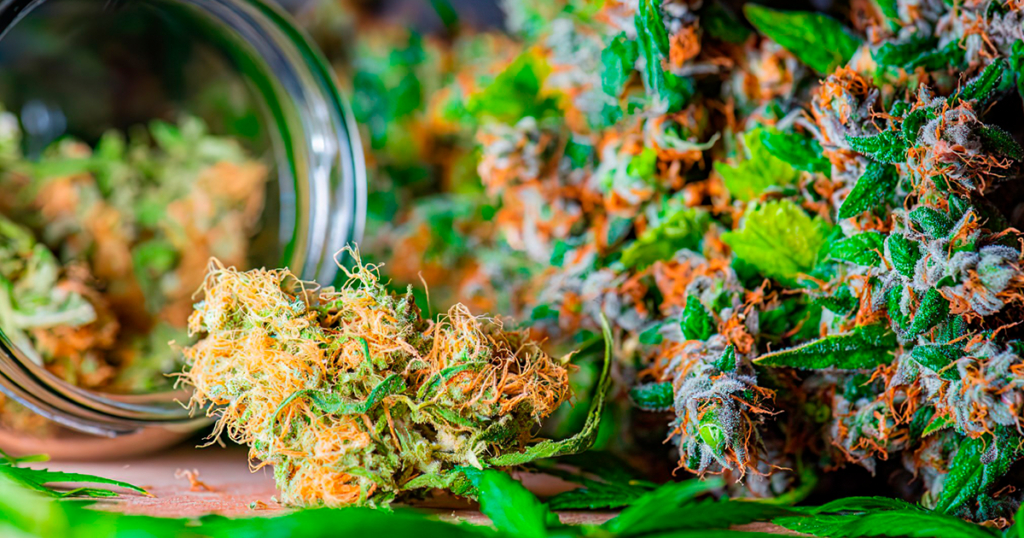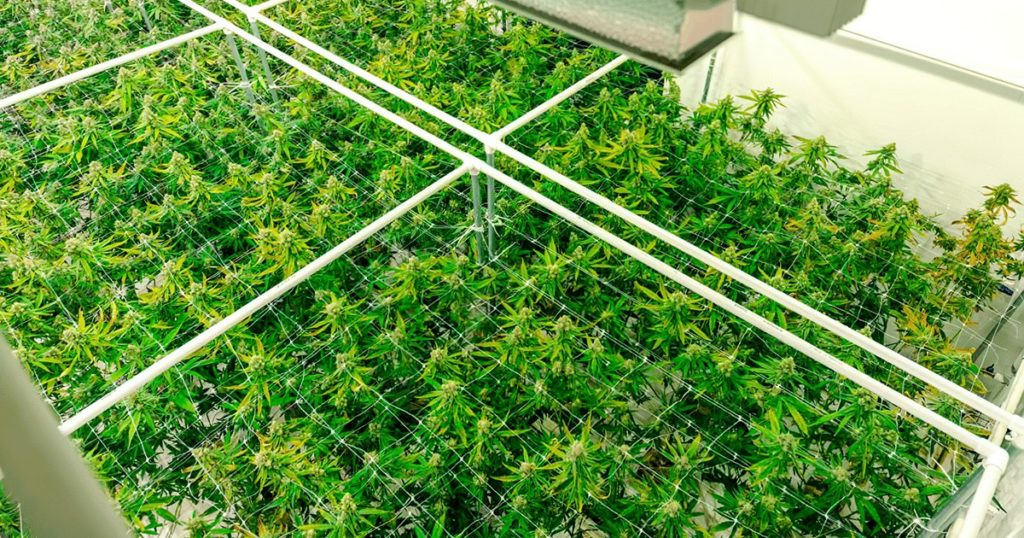Germany is set to possibly match or surpass its 2021 total amount of imported cannabis for medical sales and scientific use, with a new record in sales in the first half of this year. The market continues to grow at a consistent pace despite some analysts predicting that it would grow at a much higher pace during the cannabis stock market mania in 2018 to 2020.
Since 2017, Germany has been one of the largest growing cannabis medical markets in Europe. This followed legislation that allowed and regulated cannabis use for medical treatment in Germany. Canada has been the biggest contributor to its cannabis imports but it is facing competition as Germany’s top supplier with other countries such as the Netherlands, Denmark and Portugal also supplying the market. The increasing demand for cannabis in the German market has resulted in the diversification of imports.
Increased Demand For Research Product
According to MJBiz, Germany imported roughly 8,057 kilograms of cannabis in 2019. Then there was a substantial increase in 2021 following the 13,346 kilograms that was imported in 2020. Germany imported 20,589 kilograms of cannabis for medical and scientific purposes in 2021.
In the first six months of 2022, the imports of dried flower and extracts amounted to 10,487 kilograms (11.6 tons), which is 6.1% higher than the first half of last year when 9,840 kilograms were imported, according to the data from the Federal Institute for Drugs and Medical Devices (BfArM).
The demand for cannabis has clearly increased over the past few years which is great news for the advancement of cannabis research in Germany. The increase in demand has also caused the country’s market to diversify its imports.

Canada Faces Challenges As A Top Supplier
Though Canada remains Germany’s top supplier as its cannabis imports diversify, the percentage of their exports to Germany is decreasing amidst the intensifying competition and some decisions made by their biggest companies.
In 2021, they supplied Germany with over 6,499 kilograms of medical cannabis flowers and extracts. This accounted for approximately one-third of the country’s imports allowing Canada to maintain their leadership position in the market. This position is being increasingly challenged by other countries such as Denmark which supplied the market in 2021 with cannabis products that amounted to 3,726 kilograms, the Netherlands with 3,724 kilograms and Portugal with 2,413 kilograms.
Another contributing factor to the decrease, according to MJBiz, is shifting some Canadian companies’ facilities to Europe. Aurora Cannabis, a company based in Edmonton, Alberta had been primarily supplying the German market from Canada. But following the company’s receipt of European Union-Good Manufacturing (GMP) in 2020 for its Aurora Nordic facility in Denmark, the company has shifted the supply of product from Canada. Aurora Cannabis’ supply of product that is destined to the EU now comes from its Nordic facility. It has since been confirmed that a majority of their cannabis is now imported from Denmark.

Germany’s market for medical cannabis is growing at a consistent pace with the numbers of imported products increasing each year. Europe’s largest market seems to be diversifying its cannabis imports as the demand grows. While this is a good thing for Germany, their top supplier is now facing increasing competition with other countries importing to the German market. And to top it off, one of Canada’s largest companies has since shifted their production facilities to one of the competing countries.
Enjoyed that first hit? Come chill with us every week at the Friday Sesh for a freshly packed bowl of the week’s best cannabis news!


















